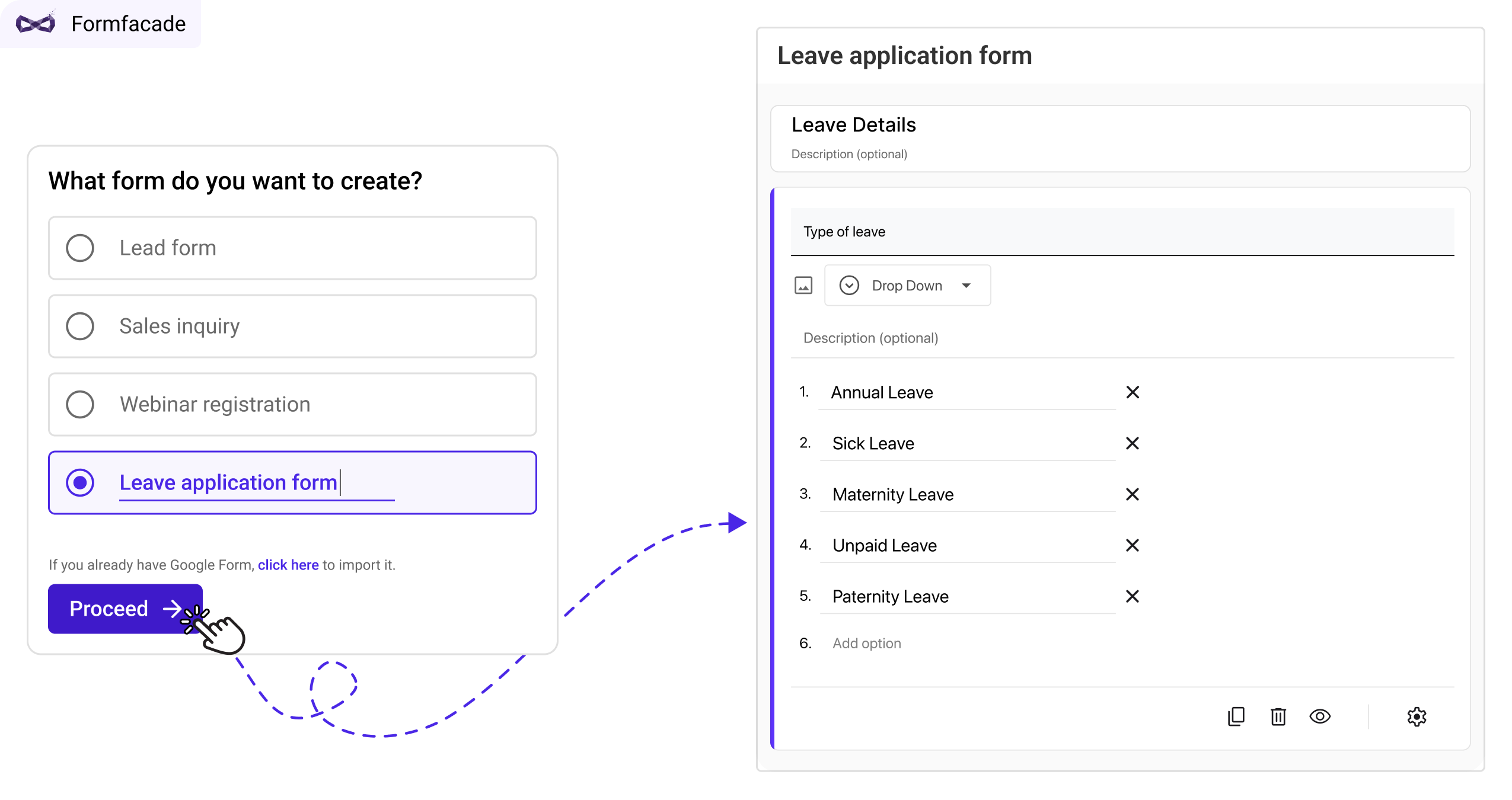
Mar 23
If AI Is Ramanujan, Who Is Hardy?

Mar 15
My Heart Surgery vs Y Combinator Interview

Mar 3
Can You Use Google Forms as a CRM?

Mar 2
The Era of Solopreneurs is Here

Feb 11
Bad Code is Better Than Vibe Code

Jan 31
Distillation Dilemma - Killing Napster won't save the music industry

Jan 28
Analytical Intelligence Is Coming

Jan 11
The Nature of Intelligence is Meta

Dec 22
Being a Developer in the Age of Reasoning AI

Dec 2
How AI brought ≈ to computers

Nov 10
The end of blank canvas: How AI is changing product design

Oct 4
Structured data as chain of thought
May 17
Chess as a leading indicator of artificial superintelligence
Apr 24
Founders often don't know what they are doing
Apr 22
Generate code for declarative language instead of programming language
Mar 21
